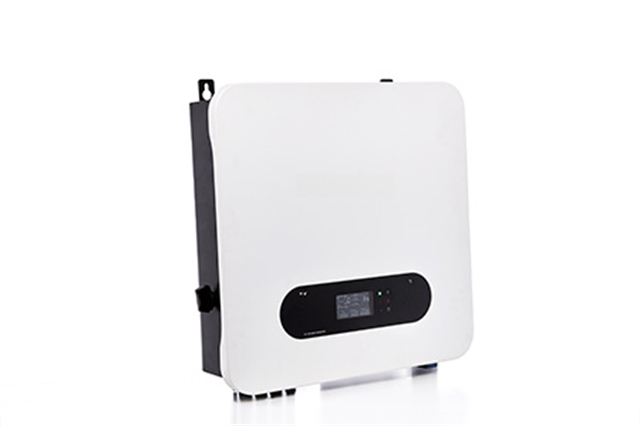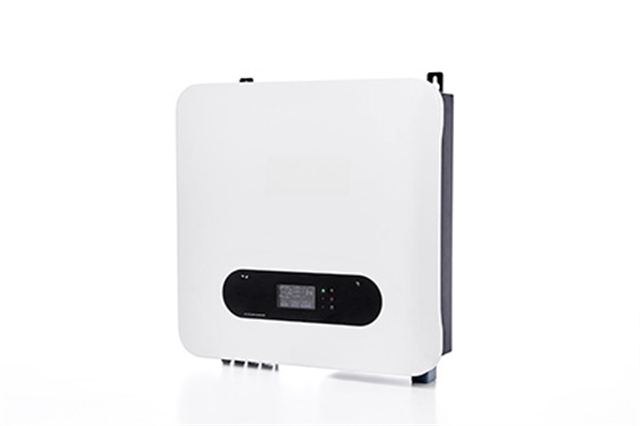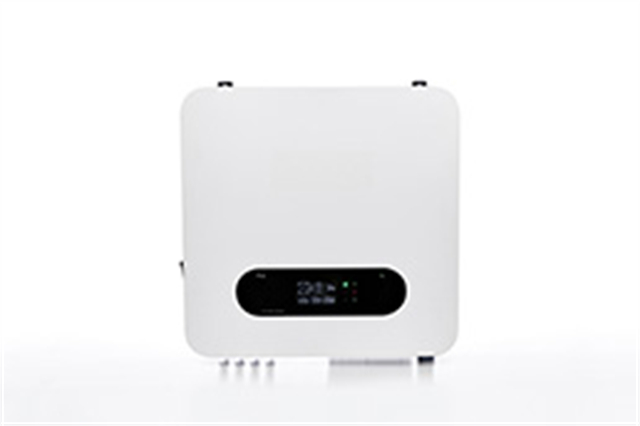Author:BLD Solar Energy SystemFROM:Solar System Converter Manufacturer TIME:2023-10-07
Choosing a good on-grid inverter is essential for the efficient and reliable operation of your solar energy system. An on-grid inverter converts the direct current (DC) energy produced by your solar panels into usable alternating current (AC) energy that can be used to power your home or business. With so many options available in the market, it can be overwhelming to make the right choice. In this article, we will provide you with a guide on how to choose a good on-grid inverter.

The first step in choosing a good on-grid inverter is to determine your power requirements. Calculate the total power consumption of your home or business to understand the size of the inverter you will need. Consider factors such as the number of appliances, lighting, air conditioning, and any other electrical equipment that will be powered by the solar energy system.

Efficiency is an important factor to consider when choosing an on-grid inverter. The efficiency of the inverter determines how effectively it converts DC energy to AC energy. Look for inverters with high efficiency ratings to ensure maximum output from your solar panels.

Always check the warranty offered by the manufacturer before purchasing an on-grid inverter. A longer warranty period indicates the manufacturer's confidence in the quality and durability of their product. Look for warranties that cover both parts and labor to avoid any unexpected expenses in case of a malfunction.
Research and consider the reputation of the brand you are considering. Look for established brands that have a good track record in the solar energy industry. Read reviews and seek recommendations from professionals or other users to gain insight into the performance and reliability of the brand's inverters.
Ensure that the on-grid inverter you choose is compatible with your specific solar panel system. Different inverters have different compatibility requirements, such as voltage and power ratings. Check the specifications of both the inverter and the solar panels to ensure they are compatible with each other.
Consider the monitoring and control features offered by the on-grid inverter. Look for inverters that provide real-time monitoring of the system's performance, allowing you to track energy production and identify any issues or inefficiencies. Some inverters also offer remote monitoring capabilities through mobile apps or web portals.
Ensure that the on-grid inverter has necessary safety features to protect your solar energy system and your home. Look for features such as overvoltage and overcurrent protection, anti-islanding protection, and ground fault detection. These features help prevent damage to the inverter and ensure safe operation.
Consider the price of the on-grid inverter and evaluate its value for money. Compare the features, warranty, efficiency, and reputation of different inverters within your budget. Avoid compromising quality for a lower price, as a good quality inverter will provide better long-term returns on investment.
Choosing a good on-grid inverter is crucial for the effective functioning of your solar energy system. Consider factors such as power requirements, efficiency, warranty, brand reputation, compatibility, monitoring features, safety features, and price when making your decision. By taking these factors into consideration, you can make an informed choice and ensure a reliable and efficient solar energy system for your home or business.
